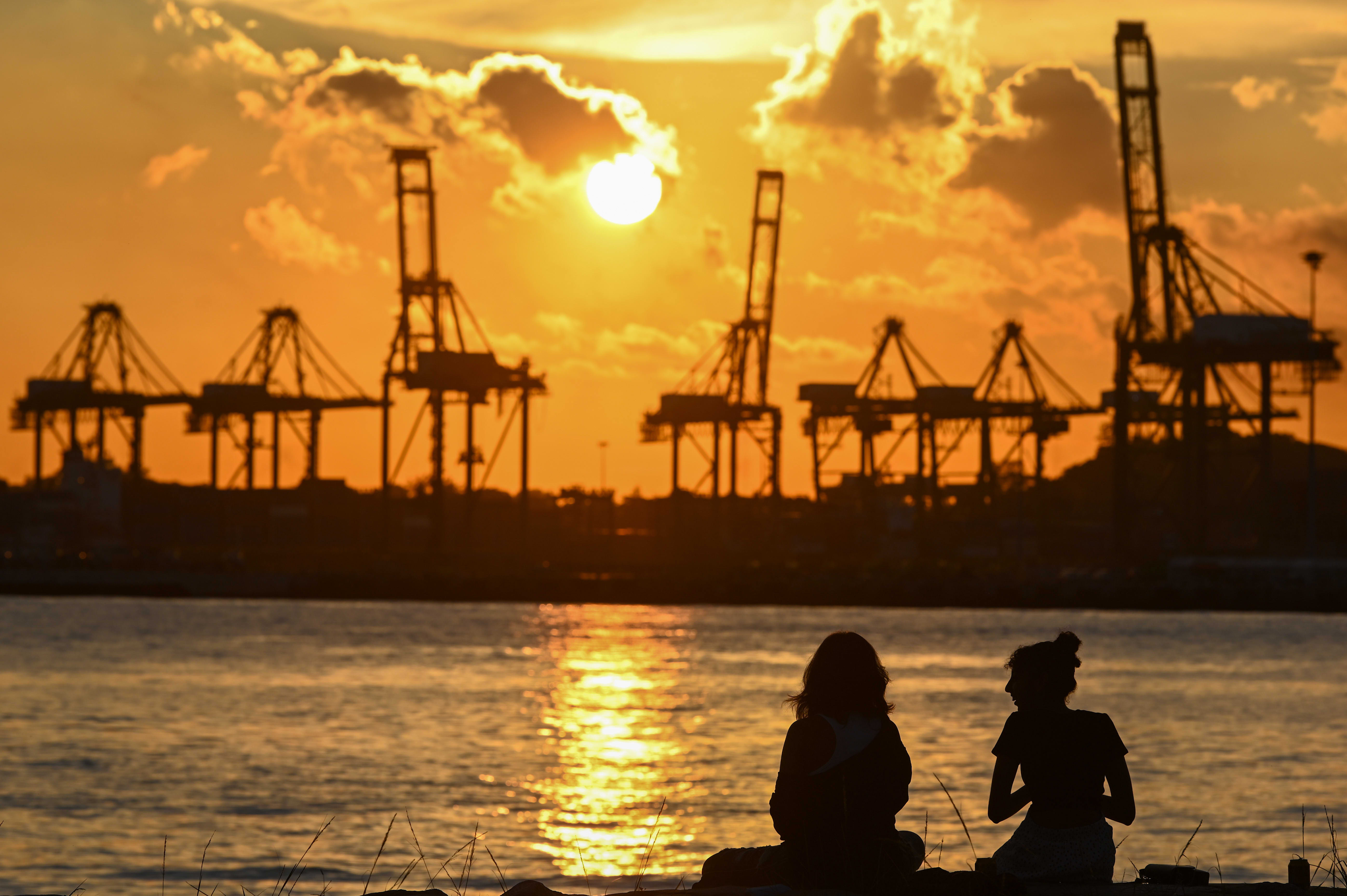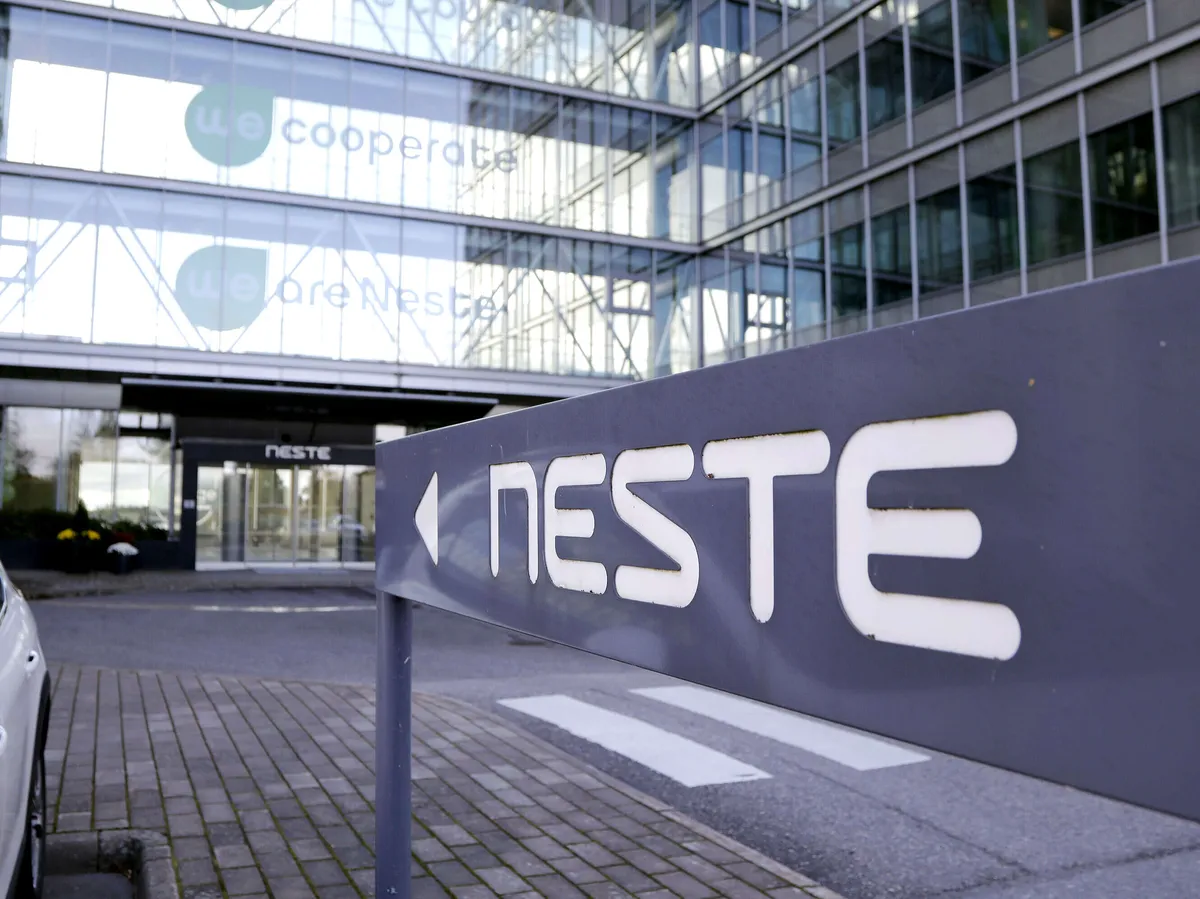A recent study by the National University of Singapore has shown that Singapore’s economic losses due to heat stress could nearly double to $1.64 billion in 2035 from pre-pandemic 2018. The decline in labor productivity across Singapore’s major economic sectors due to heat strain in 2018 was significant, with an 11.3% fall in average productivity. This is expected to worsen, with productivity projected to decrease by 14% in 2035, resulting in an economic loss of S$2.22 billion.
Workers exposed to adverse environmental conditions, such as those working under the sun or near heat sources like machineries, will experience even higher productivity losses. For every hot day, the reduced productivity of workers results in a median income loss of S$21 per worker.
Project HeatSafe conducted by the National University of Singapore is the first large-scale study in Singapore and the region that aims to assess the impact of rising heat levels on productivity and health on both individual and macroeconomic levels. Taking 2018 as the baseline for the study, the research team chose this year as it was pre-pandemic and the last “normal year” for which data was available.
Singapore, which is warming twice as fast as the rest of the globe, recently experienced extreme levels of UV radiation for the second time within four days. The country is not alone in facing intense heat, as scientists have warned of surpassing key warming thresholds globally. The impact of extreme heat exposure goes beyond productivity, affecting cognitive capacity, physical exertion, and even fertility rates in Singapore, which are already at historic lows.
In conclusion, extreme heat exposure can have a severe impact on individuals and economies alike. It is crucial for governments and businesses to take action to mitigate these effects and ensure that workers are protected from adverse environmental conditions while also promoting sustainable development practices that reduce greenhouse gas emissions.


